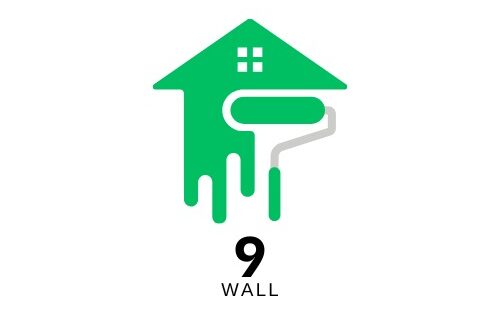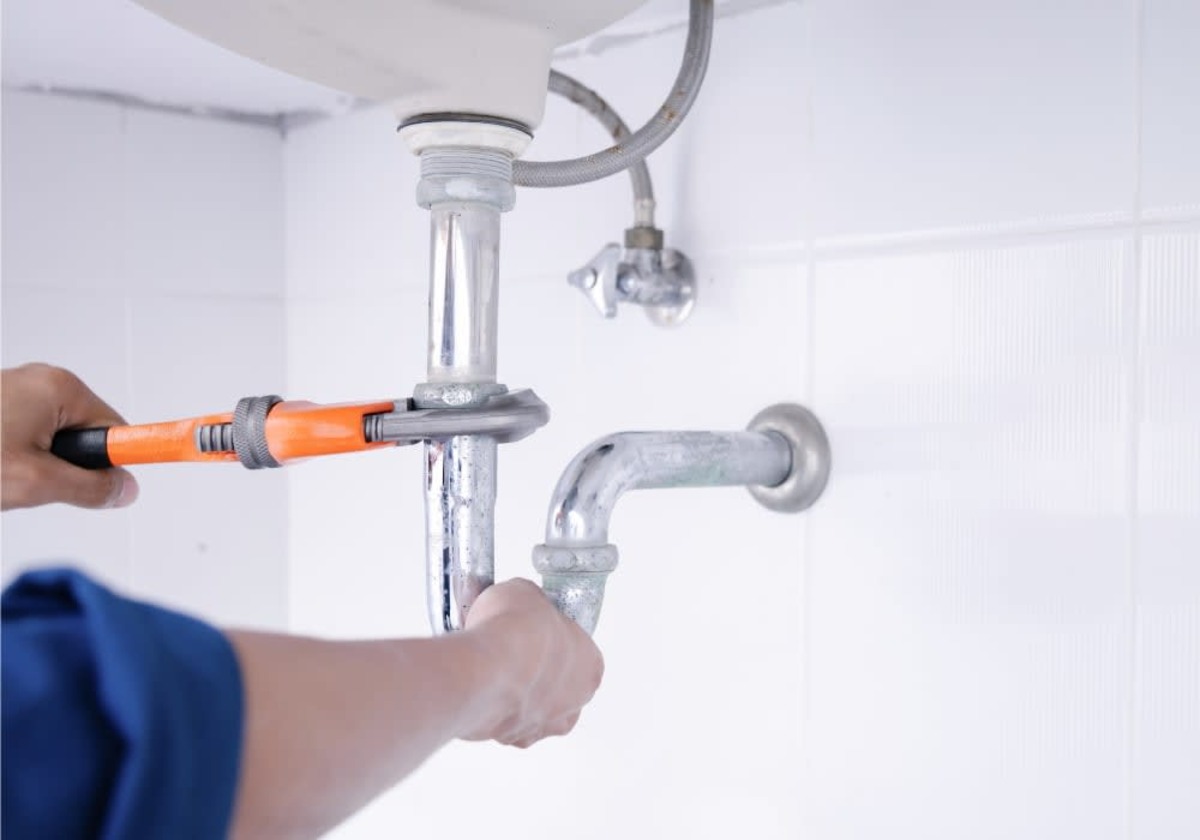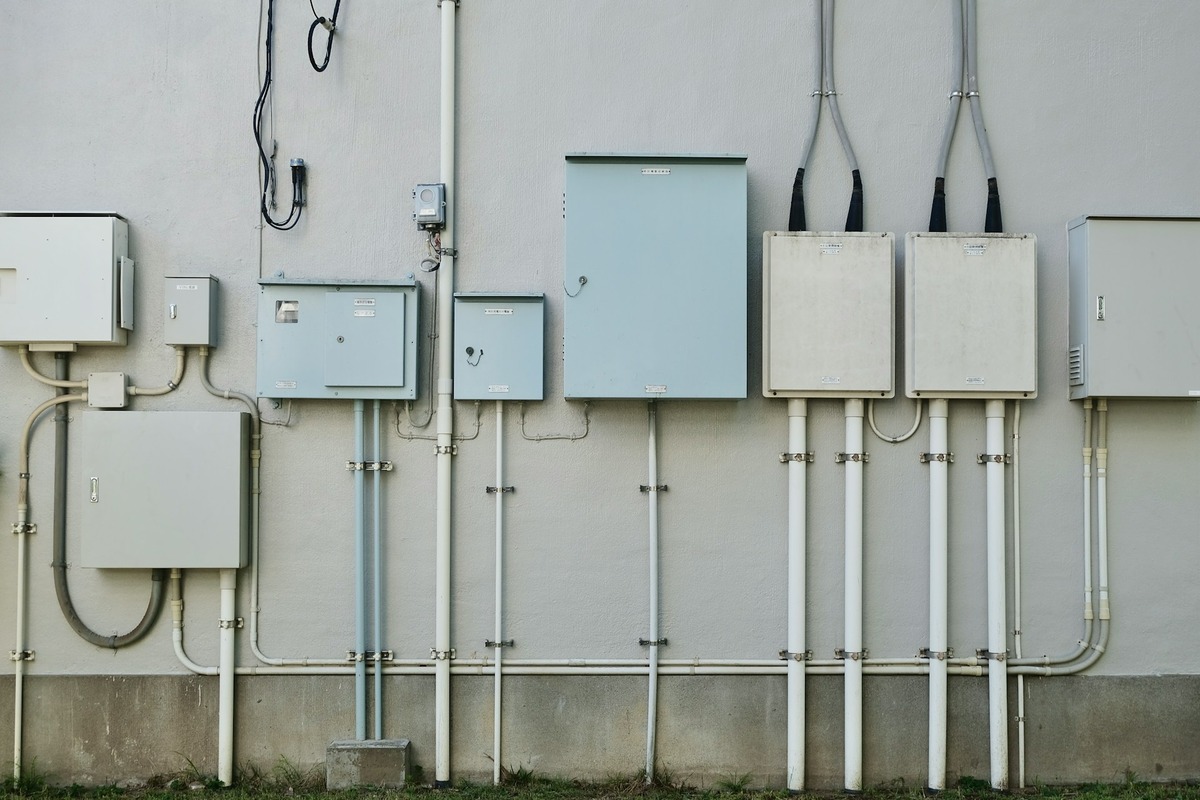Table of Contents
- Introduction to Sewer and Water Line Maintenance
- Benefits of Regular Maintenance
- Common Issues in Sewer and Water Systems
- Best Practices for Homeowners
- Professional Maintenance Services
- Technology in Sewer Maintenance
- Environmental Impact and Sustainability
- Conclusion
Introduction to Sewer and Water Line Maintenance
For plumbing systems to function smoothly and to avoid expensive problems, sewer and water line maintenance is essential. Over time, debris, tree roots, and natural wear can compromise the efficiency of these lines, leading to blockages, leaks, or contamination. Regular inspections and cleaning help identify problems early, safeguarding both the system’s functionality and the household’s health.
For detailed information and resources on maintaining sewer and water lines, visit https://www.denversewerandwater.com/. Regular maintenance is essential to house and property management since it increases the infrastructure’s lifespan and reduces unplanned interruptions and repair expenses.
Benefits of Regular Maintenance
Aside from the peace of mind afforded to homeowners, regular sewer and water line maintenance can yield long-term financial benefits. Homeowners often escape the costly aftermath of emergency plumbing repairs by adopting preventative measures. Being proactive about these systems can enhance a property’s value by assuring prospective buyers that they are free from the plagued history of water damage and plumbing issues — a crucial factor highlighted by industry experts such as those looking to maximize property value. In terms of health and sanitation, a well-maintained system ensures that potable water remains uncontaminated and that waste is properly channeled away from living areas, reducing exposure to harmful pathogens.
Common Issues in Sewer and Water Systems
Blockages are particularly common and problematic among the myriad problems that can arise in sewer and water systems. Often resulting from accumulated materials like grease, hair, or tree roots penetrating pipe joints, blockages can lead to backups and overflows that disrupt daily life. Additionally, leaks and corrosion pose serious threats, particularly in older systems where aging infrastructures are prevalent. Recognizing and understanding these common pitfalls is vital for homeowners who wish to mitigate risks associated with plumbing failures.
Best Practices for Homeowners
Homeowners significantly influence the health of their sewer and water lines with several proactive steps. Regular checks of visible pipes and drainage areas can help identify potential issues early. Simple practices, like being cautious about what is flushed or poured down drains and proactively managing what enters the waste stream, also play a big part in preventing blockages. Regularly clearing outdoor gutters and ensuring that water flows are unobstructed by debris can protect against water damage and flooding. These small yet effective measures collectively bolster the longevity and efficiency of home plumbing systems.
Professional Maintenance Services
While many maintenance tasks are manageable for the average homeowner, there are situations where professional intervention becomes necessary. Professional services offer comprehensive expertise and equipment capable of detecting underlying issues that are not visible through simple observation. Trained technicians can utilize specialized tools, like video cameras, to conduct thorough inspections and identify problems that might otherwise go unnoticed. When significant repairs are warranted, hiring professionals ensures that the task is completed correctly and infuses a level of accountability that DIY repairs cannot provide.
Technology in Sewer Maintenance
Innovations in sewer technology have revolutionized maintenance practices, making them more efficient and less intrusive than ever before. Video inspections allow professionals to accurately diagnose and locate faults within pipes without disruptive property excavation. Additionally, trenchless repair methods offer a modern solution to traditional plumbing dilemmas; these techniques facilitate repairing or replacing pipes without extensive digging and disruption. Keeping abreast of the latest advancements in sewer maintenance technology ensures that homeowners benefit from the most efficient, cost-effective solutions available.
Environmental Impact and Sustainability
The environmental impact of neglected sewer systems can be severe, with potential consequences including contamination of local water supplies and detrimental effects on biodiversity. Sustainable maintenance practices aim to mitigate these risks by ensuring that waste removal processes function optimally and responsibly. Moreover, adopting environmentally friendly approaches, such as using eco-friendly materials and energy-efficient technologies, contributes to broader ecological goals—an initiative beneficial for individual households and the community at large, resting outside the immediate impacts of sewer system failures.
Conclusion
In summary, maintaining the integrity and functionality of sewer and water lines is essential for preserving the quality and safety of our environments. The proactive measures homeowners take today can prevent future disasters, enhance property value, and support sustainable living practices. By recognizing the benefits of traditional maintenance strategies and embracing cutting-edge technologies, we can ensure these vital systems continue to serve us efficiently now and into the future.






